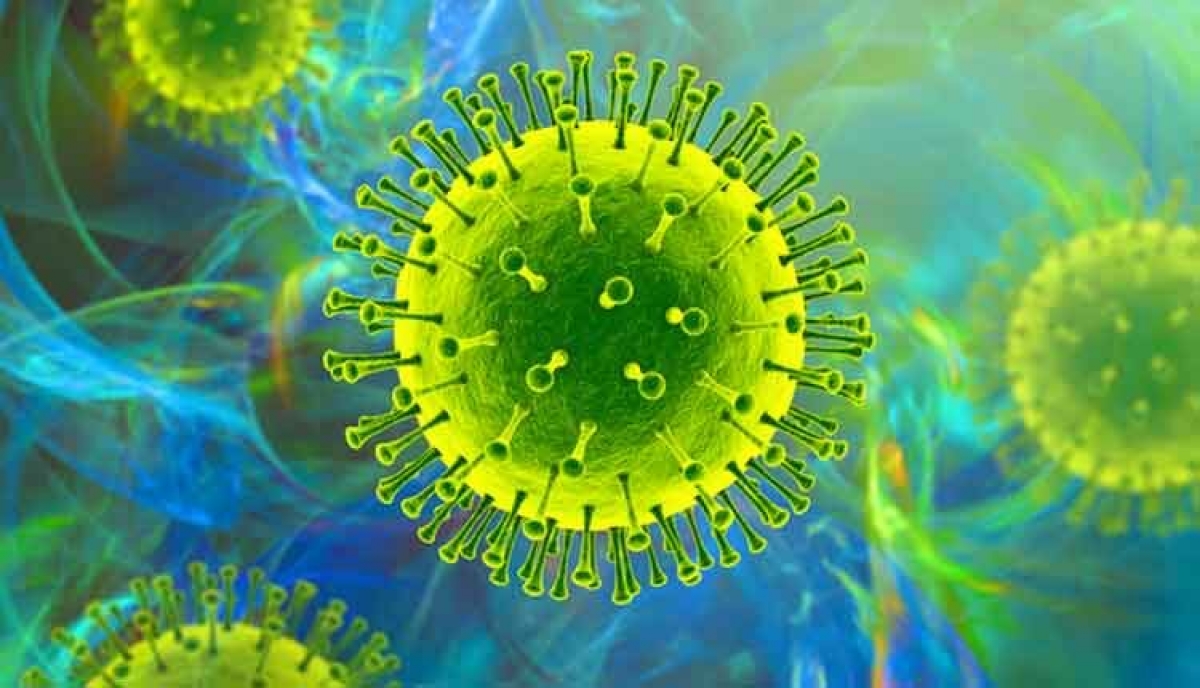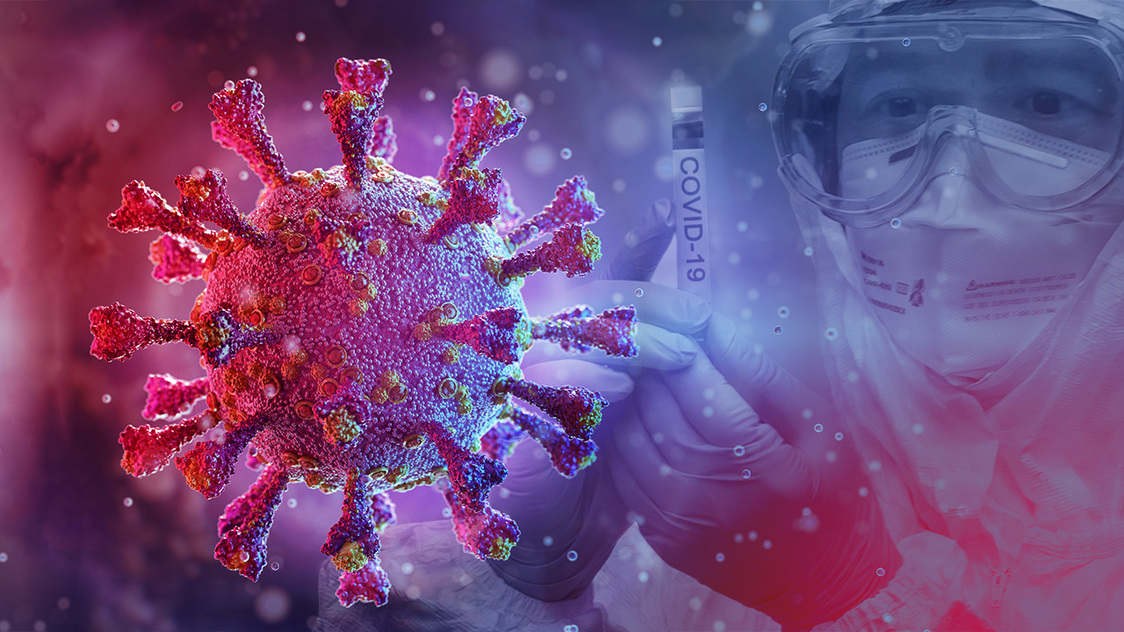Omicron - What is the worrying
"Long Covid"?

Studies show that, about a quarter of people with Covid, after infection, symptoms last for at least 1 month. In which, about 1/10 people still do not see the body weakness after 12 weeks. WHO classifies these viral infections with prolonged illness as "Long Covid".
Omicron Variant
Omicron - a new variant of SARS-CoV-2 named by WHO, was first detected in a test sample in Botswana on 11/11/2021 and in South Africa on 11/14/2021.
Up to now, Omicron is still a mysterious variant to the scientific world. With a fast infection rate Omicron is gradually replacing the Delta variant. Although it is less likely to cause severe symptoms than Delta, it can still be severe for some people.
Incubation period
According to the US Centers for Disease Control and Prevention (CDC), the incubation period of the Omicron variant is shorter than previous variants, only about 3 days. It is not clear how long an infected person can be contagious.
Symptoms of Omicron
- Fatigue
- Headache
- Muscle pain
- Runny nose
- Cough with phlegm
- Sneezing
- Difficulty breathing
- Decreased sense of smell
- Decreased ability to taste
Although Omicron appears to cause little serious illness, it is still claiming many lives in the world.
Omicrons that cause COVID-19 tend to have a mild illness, but that doesn't mean that the odds of people infected with this strain of long-term COVID syndrome will be any lower than that of the previous variant, Delta or Alpha.

Protect the body against Omicron
Regardless of the Covid variant, the best way to prevent it is vaccination, which is an effective measure to help the body fight the severe course of the disease.
Immunization promotes the body's immune response to the virus, which not only protects the body from currently circulating variants, but also protects the body from severe illness from future Covid mutations.